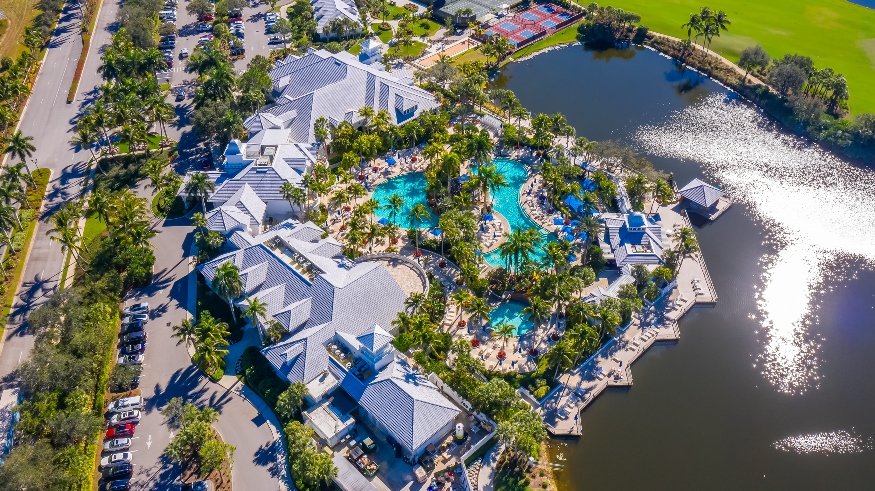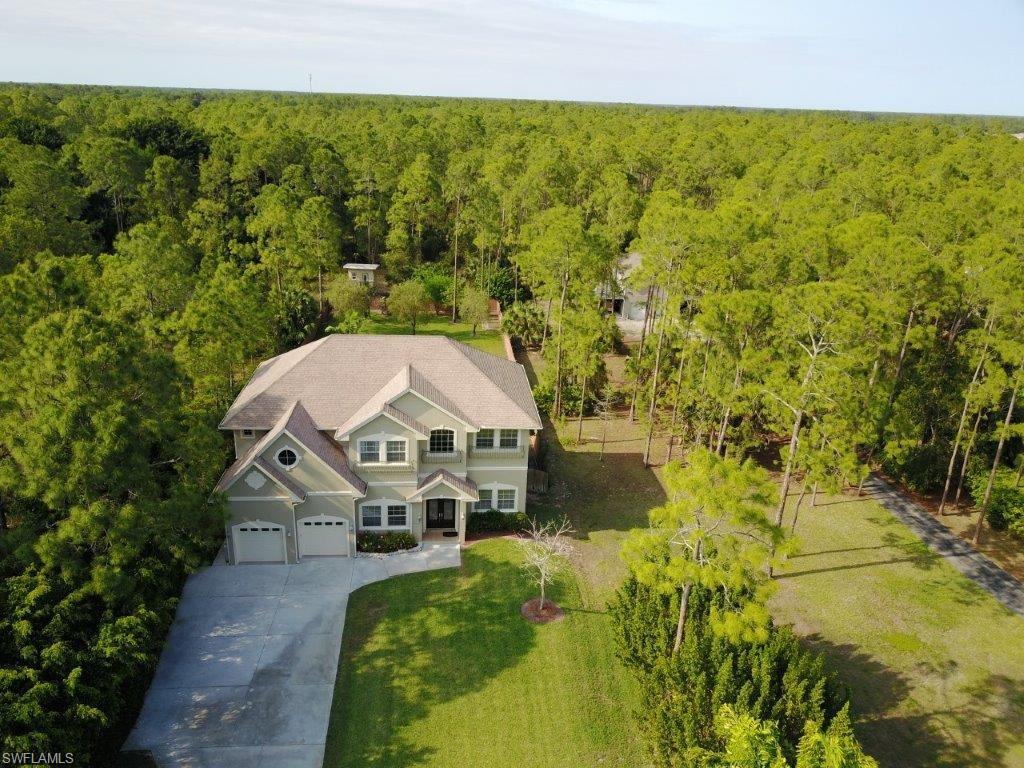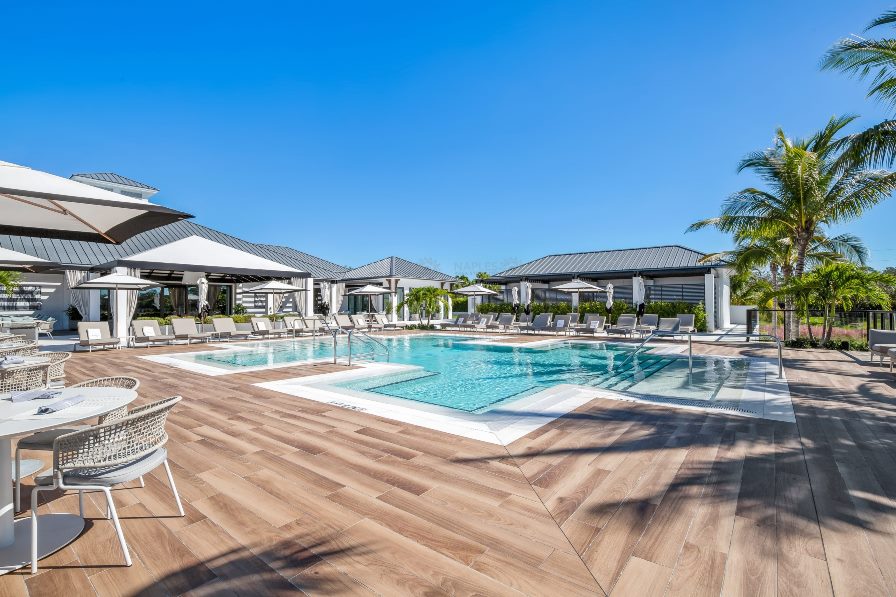HOA community or free residential area
Every buyer has unique preferences and must weigh the pros and cons of an investment to determine if it’s right for them. A comprehensive evaluation of the property is necessary to make an informed decision.
Advantages
• Amenities such as golf, tennis, boat launch, gym, and a clubhouse with a restaurant
• Guarded and gated entrance
• Well-maintained with lawn care and regulations for building appearance
• Opportunities for socialization through organized events and restaurant
• Relief from maintenance responsibilities such as lawn care
• Increased sense of security.

Disadvantages
• Recurring costs for all amenities, even if not used regularly
• Higher maintenance fees
• Possibility of assessments to owners if major renovations are needed (especially in bundled golf communities for golf course renovations)
• Numerous restrictions, such as rental, landscaping, and exterior of house appearance
• In some locations, such as downtown or areas near the beach, only HOA communities may be available.
Condo or single-family home?
This comes down to personal preference. Here is a summary of the main differences:
| Criteria | Condo | SFH |
| Purchase price | Condos are currently available from $200,000 | Homes in rural areas in Collier County, Fort Myers, Cape Coral start at around $300,000, and in residential areas in Naples, Bonita Springs, Estero, and Marco Island, expect to spend a minimum of $500,000 for a home with a pool. |
| Additional fees | Condos usually have higher fees in the initial phase, due to the reserves for exterior renovations. These reserves remain with the investment in the event of a sale. | SFH have lower additional fees at the beginning, but higher one-time fees for renovations such as exterior painting or a new roof can occur. |
| Maintenance | Some tasks are taken over by the management in HOA communities: maintenance of the outdoor area, exterior painting, roof repairs. | In HOA communities, the lawn care is often included in the HOA fee and is taken care of by the management. For all other things (pool maintenance, exterior repairs) the owners are responsible. |
| Restrictions | Condos usually have restrictions. Examples: It is often not allowed to grill on the balcony/terrace, and not all floorings (tile, wood etc.) are permitted. | Regarding the interior and lanai you are almost always free in your designs. |
| Development opportunity | Changes in the exterior are almost never possible. In a condo you can get better views on higher floors. | Houses usually have more design options (larger lanai, private pool, lawn design etc). |
Alternatives when buying real estate
Personal use with/without rental
Most prospective buyers are seeking a vacation home for either personal use or to generate income through vacation rentals. There are several options for purchasing this type of property:
Used property by a private owner or bank
Most buyers prefer to purchase a used property to get a better idea of what they are buying. Utilizing the MLS is a great way to get an overview of the entire property listing.
I also support my customers by assisting with property inspections by a licensed home inspector and arranging for necessary renovations through contacts with reliable local contractors.
New property built by a developer in an HOA community or free residential area
Some communities offer pre-built homes for sale, where buyers can view the property prior to purchase. These homes are often more affordable compared to custom-built homes but may not be listed on the MLS.
Prospective buyers often make the mistake of viewing these houses without their own real estate agent. This doesn’t necessarily result in a cheaper home, but they miss out on the opportunity to have the purchase agreements reviewed by their own agent and to benefit from the additional services offered.

New custom-built homes in a HOA community
New homes are still being built and sold in various communities. Most often, interested parties can choose between different floor plans and equipment. Construction typically starts about a month after signing the contract. Many developers require a deposit of 10% (often more for upgrades) to be paid into an escrow account at the time of signing the contract. The final payment is typically due immediately after completion and acceptance.
It is advisable to have the purchase agreement for a new home checked by an independent realtor. I am also available to accompany my customers to the design center to help select equipment and answer any questions they may have.
New construction in free residential area using a contractor
Several interested buyers have also opted for building a new house with a local contractor rather than purchasing an existing property. This is often the only way to buy a new home in an undeveloped residential area. The buyer purchases an empty plot of land or a demolition property in the desired location, and the payment for the construction is made in installments, which are due after the completion of each corresponding partial service.
Investment Property
The area offers opportunities to purchase properties for exclusive rental. These are typically smaller, multi-family properties that are permanently rented out. A pair of attached villas can sell for approximately $500,000 with an estimated yearly rental income of around $45,000 when rented out annually.
Assuming the real estate market continues to grow, you could purchase a less expensive condo with a fixed rental income that covers the fees and generates a low return with the aim of selling the property at a profit.
Developing your own community
The thriving real estate market in Southwest Florida has also attracted the attention of investors from foreign countries. We are currently working with a Swiss investors on a new construction project for town homes. These homes will be sold after completion.
New construction
Many of my customers decided to have a new construction based on their own ideas. The construction is carried out with a contractor according to custom designed plans and with a free choice of equipment. We can recommend several reliable companies.
Restrictions in HOA communities To safeguard the interests of owners and regulate the usage of shared property, communities usually have a comprehensive set of regulations covering many aspects of community life. These documents can often be 100 pages or longer.
For many buyers, the regulations regarding the number and minimum length of rental days is a critical consideration. Most communities have strict restrictions, with only 3 rentals per year allowed and a minimum rental length of 30 days or sometimes even more
Other examples of regulations include restrictions on altering your yard, specifying the exterior color of your house or door, making any changes to the exterior appearance without HOA approval, and parking restrictions, such as not allowing boat trailers or RVs in driveways.
It’s important to note that the sales documents may contain false statements about restrictions. I always advise my clients of these restrictions, obtain the HOA rules and regulations before making an offer, and discuss them with my clients.
Many owners have had to sell their houses soon after purchasing because they were not informed of these regulations.
Required Documents
When making an offer on most properties, no documents are necessary. However, some sellers, such as banks with foreclosure or short-sale listings, may require proof of funds or a pre-approval letter from the lender.
If you’re making an offer during a Florida vacation, make sure to bring a letter from your bank (you can ask me for a sample). If you plan to finance, reach out to me a few weeks prior to your arrival for information on where to obtain funding.

Real Estate Financing
Banks may finance up to 70% of the purchase price or appraised value for foreign buyers, depending on their policies and the specifics of the loan application. The required documents can vary, but usually include proof of equity, income, credit information, bank references, proof of rental or loan payments for real estate, and references for regular debt payments. Having these documents in order can increase the chances of getting approved for a loan from a bank.
In addition to the loan amount, there are usually fees associated with financing, such as an origination fee of around 2% of the loan amount. Interest rates for loans can vary but are typically between 3 and 7 years with a variable rate after that until the loan is fully repaid. Most banks require the borrower to open an account and make monthly payments for both the principal and interest. The interest rates for loans in the USA can be higher compared to most countries in Europe. Loans in the USA can usually be paid off without penalty at any time. Many banks also handle property taxes and home insurance payments through an escrow account, with the borrower making monthly payments to cover these costs in addition to the principal and interest.
